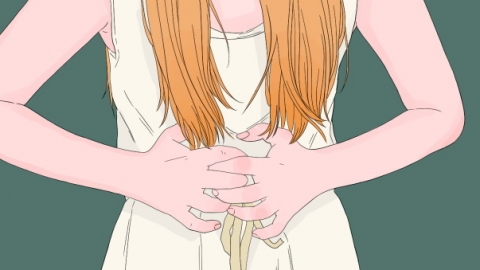Can periumbilical pain after cesarean section heal on its own?
Generally, cesarean section refers to a surgical procedure known as a cesarean delivery. Pain around the navel following a cesarean section could be due to mild discomfort caused by uterine contractions or surgical trauma, which usually resolves on its own. However, if the pain is severe, spontaneous recovery may be unlikely. If discomfort occurs, timely medical consultation is recommended.

Pain around the navel after a cesarean delivery might be recovery-related discomfort caused by uterine contractions. A cesarean delivery causes some physical damage to the mother, and the skin, muscle tissue, and other areas affected by the surgery may not have fully recovered yet, thus causing pain around the navel. This type of pain is generally a normal physiological response and typically resolves naturally over time as the body heals. During this period, moderate movement and adequate rest, particularly at night, can help alleviate symptoms.
If the pain around the navel persists for a prolonged period after a cesarean section and is accompanied by symptoms such as fever, redness, swelling, or purulent discharge, it may indicate an infection at the surgical incision site, which will not resolve spontaneously and requires prompt medical attention. Additionally, if the pain is intense enough to interfere with normal daily activities or is accompanied by nausea, vomiting, or difficulty urinating, it could indicate internal organ damage, adhesions, or hernia, which also require medical treatment rather than waiting for spontaneous recovery.
In daily life, it is recommended that postpartum care be properly managed, including maintaining a light and nutritionally balanced diet, getting adequate rest, and undergoing regular follow-up examinations. Adopting healthy lifestyle habits can help promote physical recovery.




